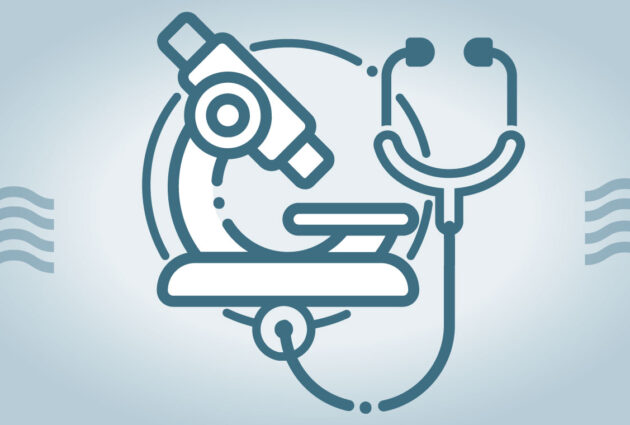Legacy Community Alliance for Health (LCAH)
At a Glance
This project, Legacy Community Alliance for Health (LCAH), aimed to to strengthen the collaboration between Green Tier Legacy Communities (GTLC) and the UniverCity Alliance (UCA) by leveraging academic expertise to address health improvement and health equity at the local policy making level. GTLC are communities that signed a charter pledging to lead initiatives that promote environmental stewardship, economic growth, public health and social equity, and UCA is a partnership among leading centers, departments and schools at the University of Wisconsin–Madison that applies campus-based education, service and research to further the sustainability, resilience, livability and wellbeing of cities. The need for collaboration between these organizations stemmed from a GTLC survey that indicated participating communities lacked knowledge and experience with Health in All Policies (HiAP) frameworks and Health Impact Assessment (HIA) methods, and all respondents felt that their communities would benefit from assistance from academic partners in addressing issues of health and equity.
LCAH significantly contributed to advancing health equity in Wisconsin by providing training for 216 individuals across 18 communities and creating HiAP virtual modules with case studies from 15 communities in the state. Notable achievements include collaborations with cities like Appleton, which passed the first HiAP Ordinance in Wisconsin, and Fitchburg, addressing neighborhood barriers through the Healthy Neighborhoods initiative. The project’s impact extended to improved collaborations in Oshkosh, the introduction of HIAs in Wisconsin Rapids and initiatives promoting housing reforms and community health improvements in Ashland and Bayfield County.
The Challenge
Green Tier Legacy Communities (GTLC) are communities that signed a charter pledging to lead initiatives that promote environmental stewardship, economic growth, public health and social equity. The GTLC Charter was updated in 2015 to include specific goals related to public health and wellness, calling for communities to adopt a Health in All Policies (HiAP) framework and Health Impact Assessments (HIAs). However, a 2016 survey revealed that participating communities lacked knowledge and experience with HiAP and HIA methods, and all respondents felt that their communities would benefit from assistance from academic partners in addressing issues of health and equity. As a result, there was an identified need for collaboration between GTLC and the UniverCity Alliance (UCA), which is a partnership among leading centers, departments and schools at the University of Wisconsin–Madison that applies campus-based education, service and research to further the sustainability, resilience, livability and wellbeing of cities.
Project Goals
The goal of this project, Legacy Community Alliance for Health (LCAH), was to strengthen the collaboration between GTLC and UCA by leveraging academic expertise to address health improvement and health equity at the local policy making level. This goal was approached through four specific aims:
- Enhance the ability and capacity of local governments to work toward health improvement and health equity in a data-driven, evidence-based way.
- Enable participating communities to adopt and implement a HiAP framework.
- Apply health impact assessment and health equity analysis tools to up to four areas of local government policymaking.
- Use collective GTLC and UCA networks to disseminate project results.
Results
LCAH has successfully played a role in advancing health equity in Wisconsin. The project created HiAP virtual modules and case studies from 15 communities in the state after recognizing the lack of relatable examples for Wisconsin local governments. These modules serve as a resource for local leaders seeking practical examples on influencing health equity through policy and engaging stakeholders.
Over the course of the initiative, LCAH provided training for 216 individuals across 18 communities, fostering relationships within the state, the Green Tier network and among project partners. Key accomplishments included collaborations with Wisconsin communities including Appleton, which became the first city in Wisconsin to pass a HiAP Ordinance; Fitchburg, which addressed barriers to opportunities in three city neighborhoods through the Healthy Neighborhoods Initiative; and Bayfield, which passed a HiAP Resolution to its updated Comprehensive Plan.
This initiative enhanced coordination between Oshkosh’s Community Development Department and Winnebago County Public Health with staff attending over ten meetings together and completing a two-session cross-training to encourage ongoing collaboration and awareness of each entity’s work. In Wisconsin Rapids, city staff led the creation of an Advisory Team after attending the LCAH HiAP training, and the Advisory Team conducted its first HIA to inform plans for a senior housing development project. LCAH’s influence extended to housing reforms in Ashland, transportation improvements in Bayfield County and community health programs like the Safe Routes, Safer Communities Project with 1000 Friends of Wisconsin which worked to promote pedestrian and bicycle access for children and families in Wisconsin Rapids and Stevens Point.

